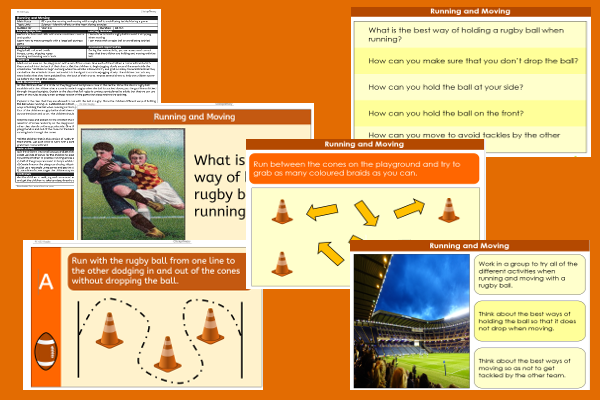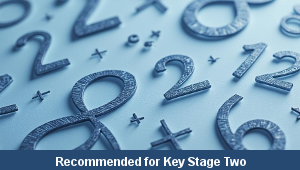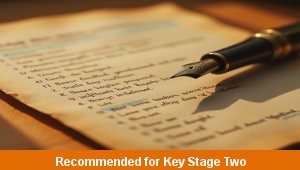Lesson One – Running and Moving

This physical education teaching pack for Key Stage Two gets the children to practise a selection of different running and moving movements with a rugby ball to avoid being tackled during a game.
The class can rotate around a series of mini-games and actions to develop and refine their running and moving skills when playing a group game of rugby,
Download this teaching pack including a lesson plan, classroom activities and an interactive presentation to practise a selection of different running and moving movements with a rugby ball to avoid being tackled during a game
Activities in this teaching pack include display posters to explore how to make different movements when playing a game of rugby and a set of cards to rotate around mini-games to practise running and moving movements with a rugby ball to avoid being tackled and losing possession to the other team.
The interactive presentation gets the children to explore different running and moving movements with a rugby ball to avoid being tackled during a game.
This lesson is part of a PE scheme of work to get the children to practise and develop a range of skills in moving, passing and tackling that can be utilised when playing small sided teams games in rugby. There are teaching activities for shared learning, differentiated worksheets to support independent learning and interactive presentations to introduce concepts and key skills.
-

Length Calculations
Practise using number calculations skills for addition, subtraction, division and multiplication when solving problems related to length measurements
-

Maths Calculations Assessment
Assess abilities in solving a range of different number problems for addition and subtraction when working with informal and formal written calculations
-

Determinant Lists
Explain and model how to make lists of objects used and found in different locations to match the correct determinants of a and an
-

English SPAG Assessment
Assess abilities in composing sentences for fiction and non-fiction using the correct spellings, punctuation marks and grammar vocabulary phrases
